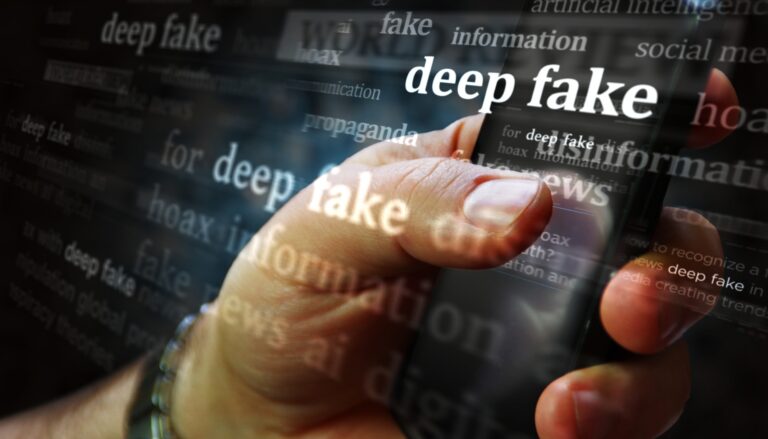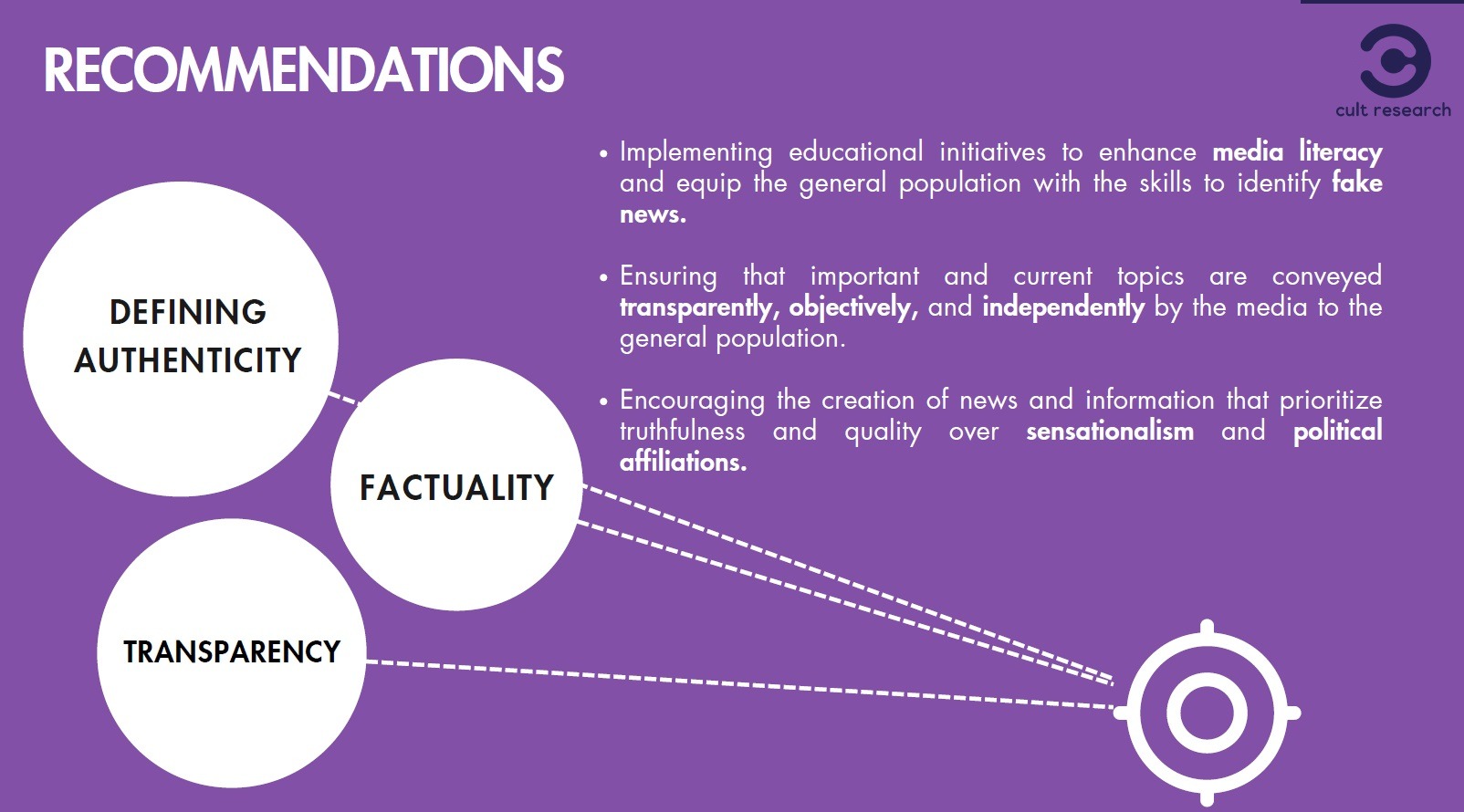
Conference on fake news and media in Central and Eastern Europe / Mihai Constantin, spokesman of the Romanian Government: „We can’t fight fake news because it would cost us freedom of expression”
How Generation Z perceives the media in Romania and what are the policy makers’ solutions to fight fake news were topics of discussion at the conference „Joining Forces Against Misinformation: Societal Resilience in Central and Eastern Europe”, the SCIENCE+ Regional Conference which took place in Bucharest.
Urmărește cele mai noi producții video G4Media
- articolul continuă mai jos -
Mihai Constantin, Government Spokesperson said in a video message presented at the event: „How do you fight mal-information? You can’t. The clash is in every person’s mind. It matters what’s the level of attention when we meet such poisonous info, the cultural, educational, family background matters. The level of education and so on. The perception of the world is fundamentally influenced and altered by our prejudices. It’s a personal and daily struggle.”
He stressed that „we cannot successfully fight fake news because winning this battle would cost us the freedom of speech and I don’t want to pay this cost”.
Other statements from Mihai Constantin’s video message:
- I am a man of communication and I want to enjoy free speech and live in a world where this is an undisputed and fundamental right.
- The transfer of information, gossip, learning, all create the fibre of human civilisation. We are rightly worried because we see in the digital world we live in today, with artificial intelligence as the ‘new species’ we might create, the proliferation of disinformation.
- This is the real problem. Critical thinking requires time and effort and most of us choose the easy way.
- How do you fight mal-information? You can’t.
- In Romania we have an expression: „lie to me nicely”, how do you deal with that? How do you cope with mis-information?
- „Errare humanum est! Realize the error as fast as you can and correct it, as loudly as possible. How do you deal with dis-information? By being as honest as you can in your public communication, as transparent as possible, by providing a strong and constant flow of true data and newsworth information about the work of the Government activities and the authorities under its coordination.
At the same event Paul Acatrini, Managing Partner & Research Director, Cult Research, Romania presented research on Generation Z’s perception of media and misinformation in Romania.
„There is a persistent distrust of young audiences in the Romanian media, both traditional and online,” he said.
On how the war in Ukraine has been covered and how young people have perceived it, Acatrini said the feeling has ranged from empathy towards Ukrainians and then migrated to rejection or distrust because of conflicting information about aid received by refugees, information that has been circulated in recent months. „A lot of misinformation has emerged in recent months that has had a negative impact on perception. We tested some fake news with photos and videos on the target groups to see how they decode the false information. They started with intuition and then moved to logical reasoning and after the focus group conversations, they reconsidered their position, but this happened as a result of the discussions and perception of the whole group, it is not a process that usually happens,” explained the director of Cult Research.

Acatrini further detailed from the recent research results that international and TV publications are more trusted than Romanian ones but for Romanian sources official sources are considered more reliable, for example the Government website or the official social media pages of the institutions, this was the case during Covid 19 when the institutions communicated reliable information. At the same time, online media is considered less corrupt than newspapers or TV stations.
Recommendations based on the research findings: fighting distrust requires transparency and objectivity in reporting, this may involve fact checking initiatives, diversification of sources, promotion of independent journalism. He also stressed the need for media education, for the perception of sensationalism, the accumulation of skills to critically evaluate misinformation and the fact that the media has a responsibility to balance the transmission of information with the component of social responsibility, plus the formation of culture and vision of correct information of the public.
—
The event„Joining Forces Against Misinformation: Societal Resilience in Central and Eastern Europe”, the SCIENCE+ Regional Conference of Free Press for Eastern Europe took place in Bucharest on 28 and 29 February and brought together Government officials of the countries in the region, experts and mass-media.
Generation Z in Central and Eastern European countries and how they relate to the media, including how they detect fake news and how they react to it, were the topics of discussion on the first day of the conference.
In the second day, the themes approached within the panels were the following:
TRUST IN MEDIA AND BEYOND – with media, governments, and researchers reflecting on the new ways to improve trust in independent media, science, and authorities across the region. Special focus was put on what media and journalists can do to assist in the process and where the cross-sectoral collaboration is most beneficial.
BEYOND CRISIS: IMPROVING COMMUNICATION BETWEEN STAKEHOLDERS – When it comes to crises, the region has faced several, from the flood of war-caused migration to shocking crimes with ethnic motivation. While the governments, media and civil society did their best to warn the populations against quick labelling and conspiracy theories, the lack of coherent communication between those stakeholders often stood in the way. Could better formats or platforms build long-term trust between governments and society? What can the media do to help? The session was a mix of presented solutions by governmental and non-profit stakeholders and a sharing of experiences from other participants.
THE SUPER-ELECTION YEAR 2024 – How are Romania and other countries in the region preparing for European elections against the background of global uncertainty with major elections happening around the globe? What are the main challenges and promising ways forward? The session focused on Romanian expertise with the participation of several international guests.

Donează lunar pentru susținerea proiectului G4Media
Donează suma dorită pentru susținerea proiectului G4Media
CONT LEI: RO89RZBR0000060019874867
Deschis la Raiffeisen Bank


